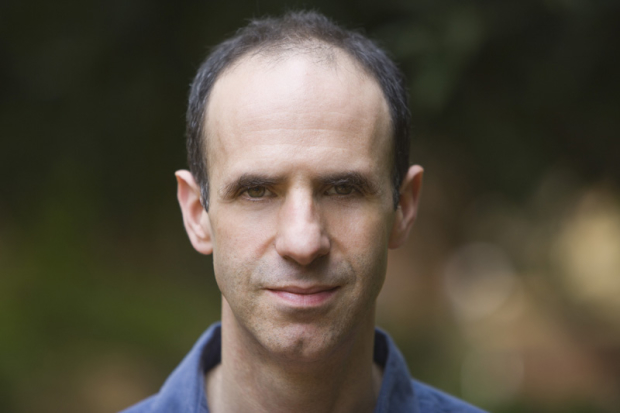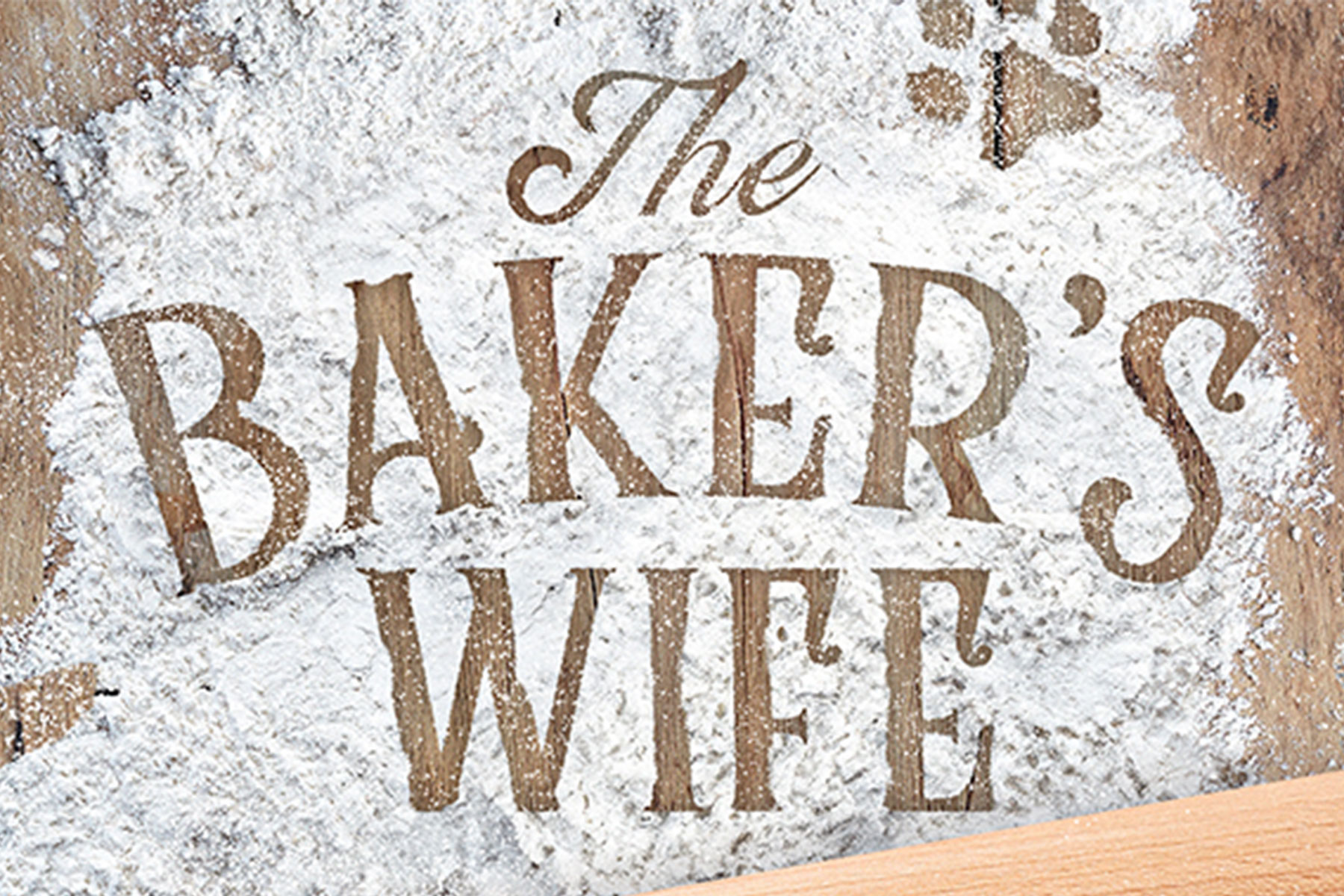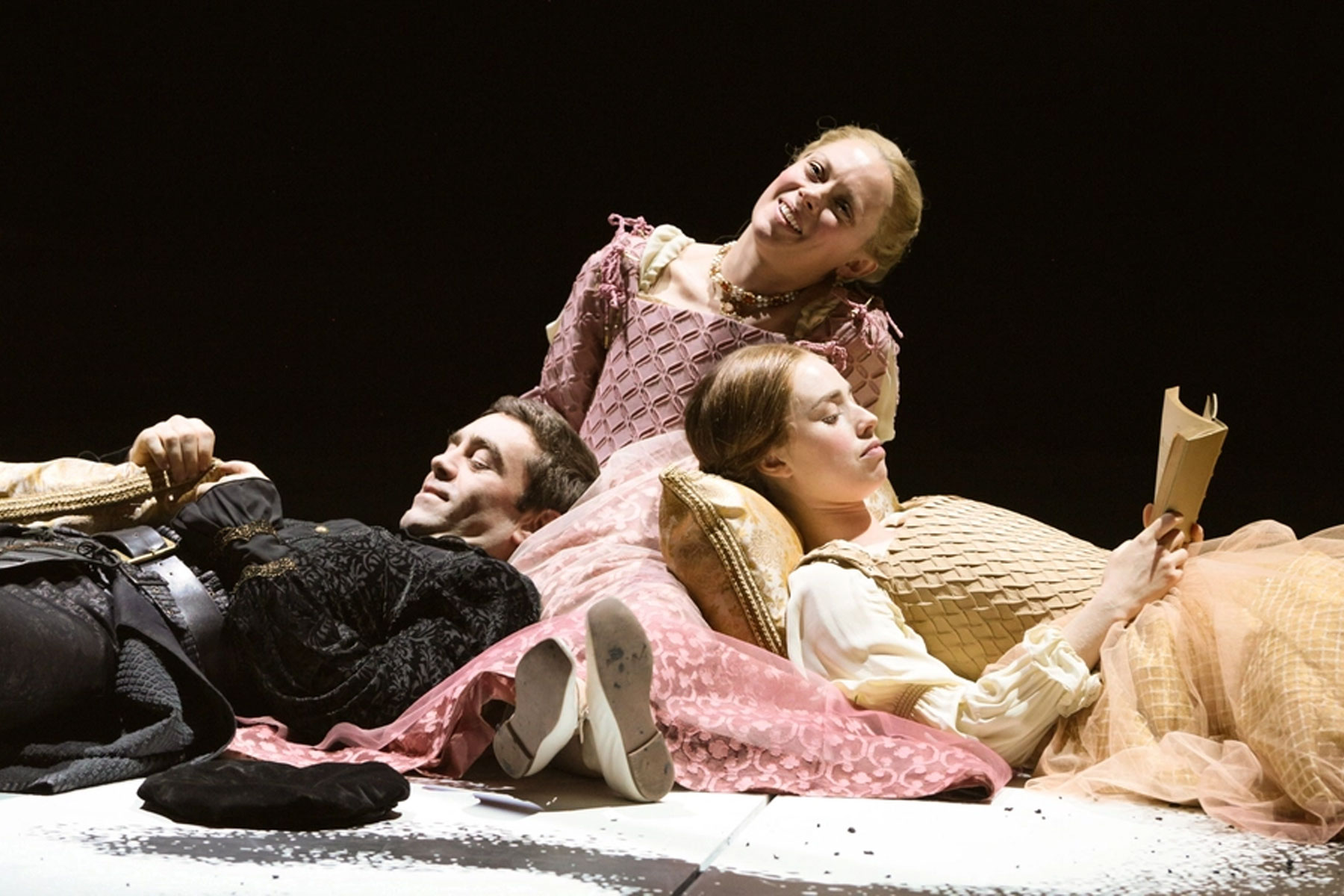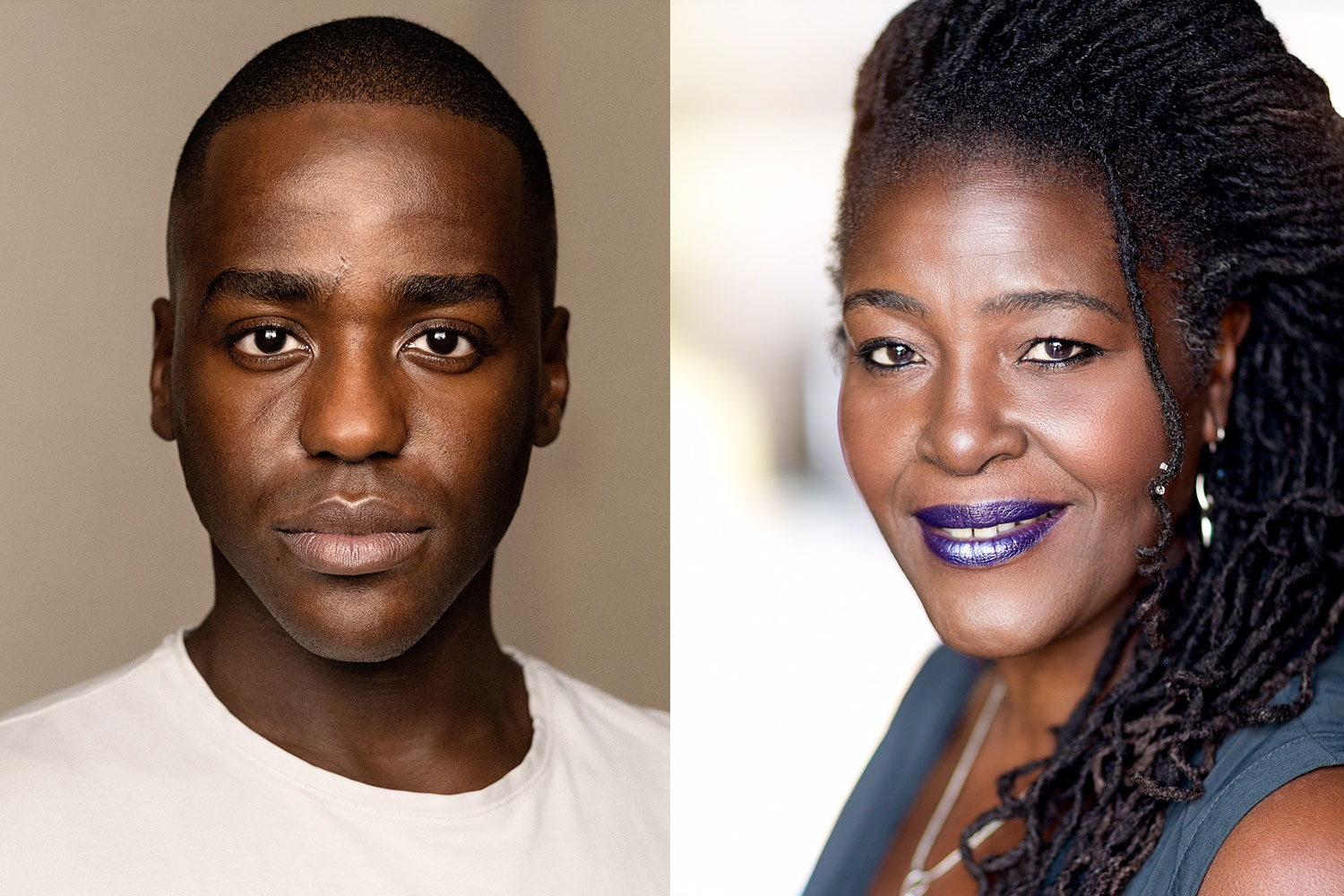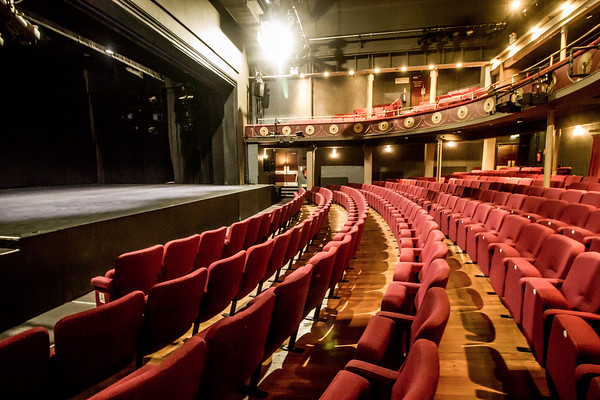Review: Il ritorno d'Ulisse in patria (The Grange Festival)
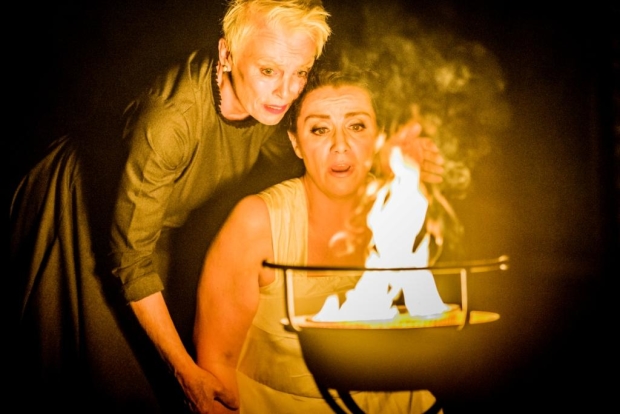
© Robert Workman
The most public bust-up in UK opera has led to one company becoming two. Wasfi Kani's Grange Park Opera has upped sticks and moved to West Horsley, while home on the Grange near Winchester a new festival has been born.
The Grange Festival has appointed Michael Chance as artistic director and launched its inaugural season with the veteran countertenor on familiar ground. Monteverdi's Il ritorno d'Ulisse in patria (The return of Ulysses to his homeland) is a masterpiece of the early Baroque and an opera of the utmost tenderness. It needs careful casting and a loving production.
Under Chance's direction a pit band billed variously as The Division Lobby and The Academy of Ancient Music Resident Orchestra gave a richly textured account of a score in which Penelope awaits the return of her husband, Ulysses, after years of absence in battle. The goddess Minerva intercepts our hero and warns him that his wife is being courted by other men. She transforms Ulysses into a beggar so that he can trap the suitors unawares.
Tim Supple is a sensitive and wise director, too rarely active on these shores, whose work is flavoured with exoticism and free-flowing simplicity. As a longstanding admirer I treasure the memory of his nigh-perfect Twelfth Night. It had a level of inspiration that eludes him here.
From a flat opening gag to some catastrophic costume choices, the production takes way too many wrong turnings. Integrated, multi-font surtitles make the show resemble a graphic novel with think bubbles, and from my seat high in the balcony they were often illegible and always a distraction. Whenever the stage was bright they disappeared. The AD should have vetoed them.
'Anna Bonitatibus gave a performance of beauty and control'
The hieratic beauty of Monteverdi's score is best served by simplicity, so the fussiness of Supple's staging is unfortunate. He throws everything into the mix – stilts, running blades, harpoons and a wetsuit – with no unifying style. And it's a challenge to work out who's who. Only through reading the programme afterwards did I discover that some characters were being portrayed by two players.
If everything in Supple's staging had been on a par with his stylishly conceived archery competition, or as witty as the confrontation between Ulisse and the glutton Iro (an outstanding turn by Ronald Samm), things could have been very different.
Matters were not helped by at least three sub-par vocal performances. Poor casting is perverse at a time when the nation's talent pool is so deep, but at least Thomas Elwin's touching Telemaco, Gwilym Bowen's bright-voiced Eurimaco and Paul Whelan's saturnine Antinoo did sterling work. Fiona Kimm gave a masterclass in operatic acting during her solo aria "Ericlea, che vuoi far?", and Paul Nilon displayed fervour and a strong tenor timbre in the title role.
The Grange Festival has scored a coup in engaging Anna Bonitatibus to sing Penelope, and the Italian mezzo does not disappoint. Her first, heartbreaking aria "Di misera regina" heralded a performance of beauty and control. Masked from view for much of the time, either hidden within a box-cloister, concealed by a veil or else just poorly lit, and decked out in a hideous lampshade costume when she should have been most on her dignity, the Italian mezzo survived everything Supple threw at her.
Il ritorno d'Ulisse in patria continues in repertory at the Grange Festival until 2 July.



